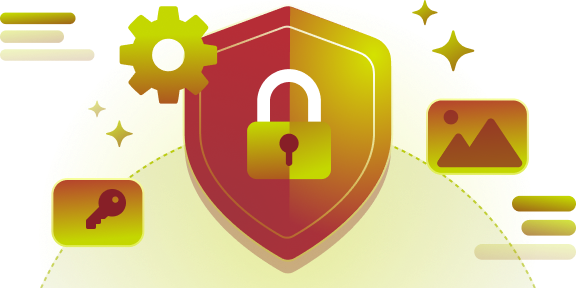-
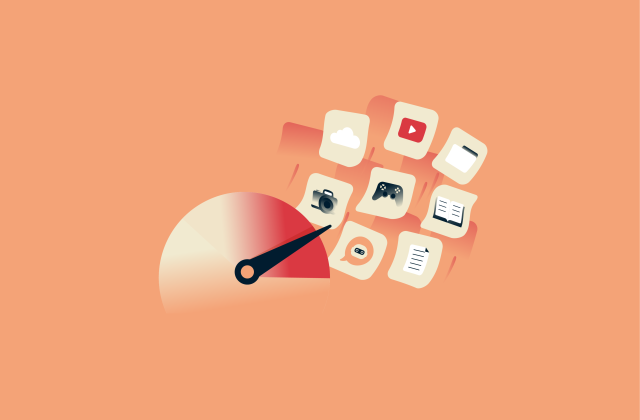
Are you experiencing subscription fatigue? Here’s what you need to know
Subscriptions are everywhere now: from streaming services and meal kits to software tools and household essentials. At their best, they deliver convenience, flexibility, and real value. But when peopl...
-

Protect your privacy: A guide to data removal services
Your personal information, like your name, home address, phone number, and even details about your household members and relatives, can be collected and sold by companies known as data brokers. These ...
-
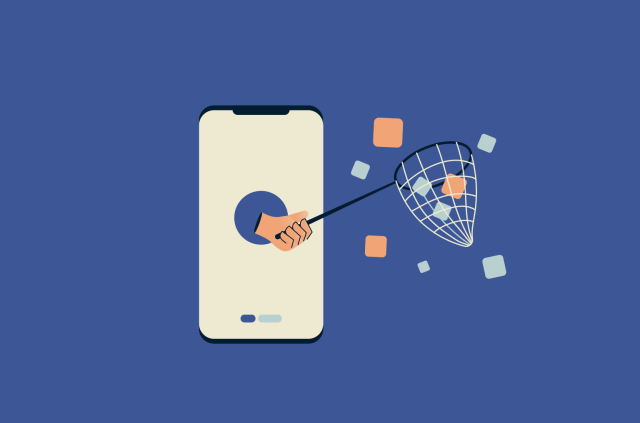
What is off-Facebook activity, and how does it impact your privacy?
Facebook doesn’t just collect data about what you post, like, or share on its platform. It may also receive information about your activity on websites and apps that integrate Meta’s tracking tech...
-
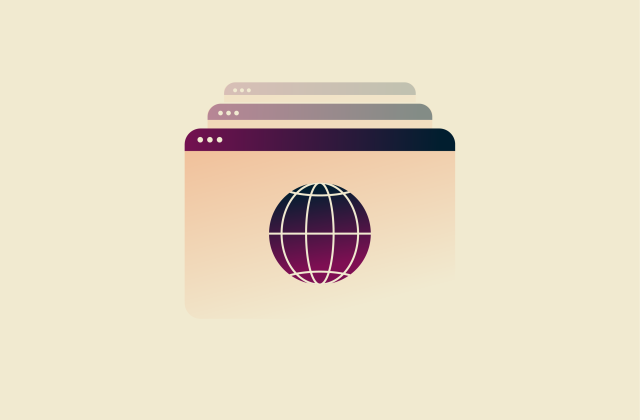
Types of web browsers: Which one should you use?
Web browsers are essential tools for accessing the internet, but not all browsers are built the same. Beyond the fully featured graphical browsers that most people use, there are lightweight options, ...
-
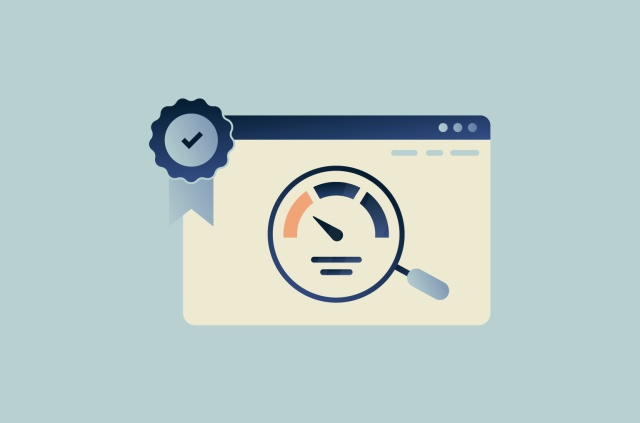
Best credit monitoring service: Protect your credit and identity
Your credit is more than just a number: it’s the key to getting loans, buying a home, obtaining insurance, or even landing a job. Unfortunately, it’s also a prime target for identity thieves. A si...
-

Identity theft insurance: What it is and whether it’s worth it
Online identity theft is a widespread problem that can happen when you least expect it. If criminals gain access to your personal data, dealing with the fallout can be stressful, time-consuming, and e...
-
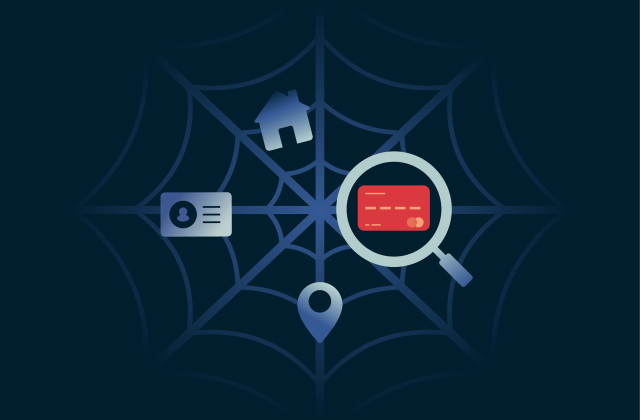
What is dark web monitoring, and why does it matter?
You might never have visited the dark web, but your personal information could already be for sale there. In this hidden marketplace, stolen credentials and exposed records are auctioned off to eager ...
-
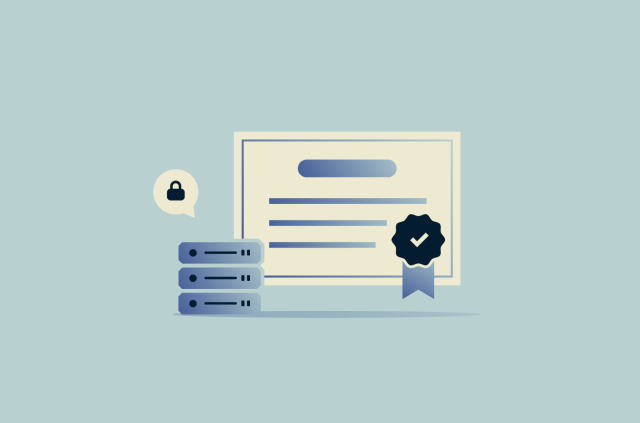
What is a certificate authority, and how does it work?
Certificate authorities (CAs) are entities responsible for checking the identities of websites, individuals, and organizations and issuing digital certificates. They play a crucial role in online secu...
-
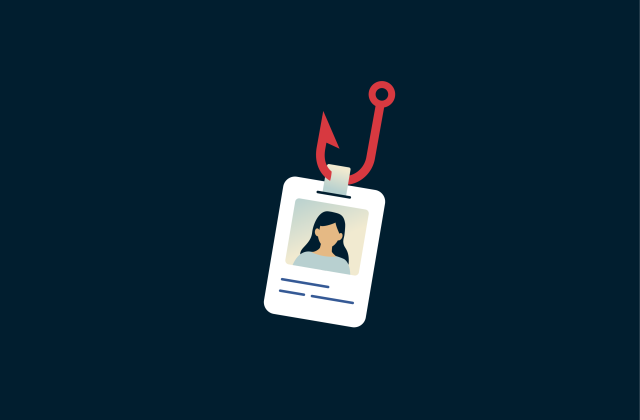
Employment identity theft: What it is and how to protect yourself
When someone steals your identity to get a job, the damage can go far beyond your credit report. It might lead to unexpected notices from the Internal Revenue Service (IRS), errors in your employment ...
-
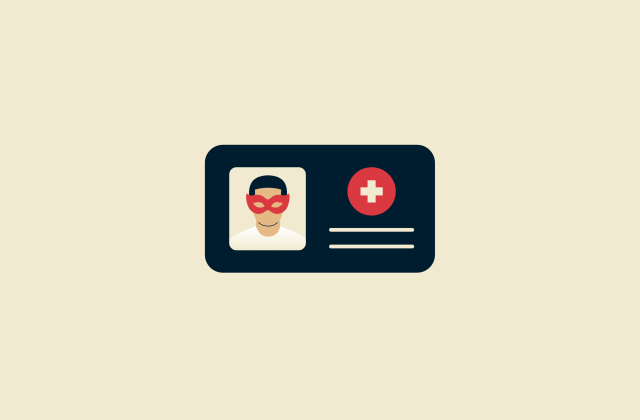
What is medical identity theft, and how can you protect yourself?
We often picture stolen cards and drained bank accounts when we think about identity theft. In health care, the risks can go further. If someone uses your medical identity to get treatment, fill presc...
Featured
